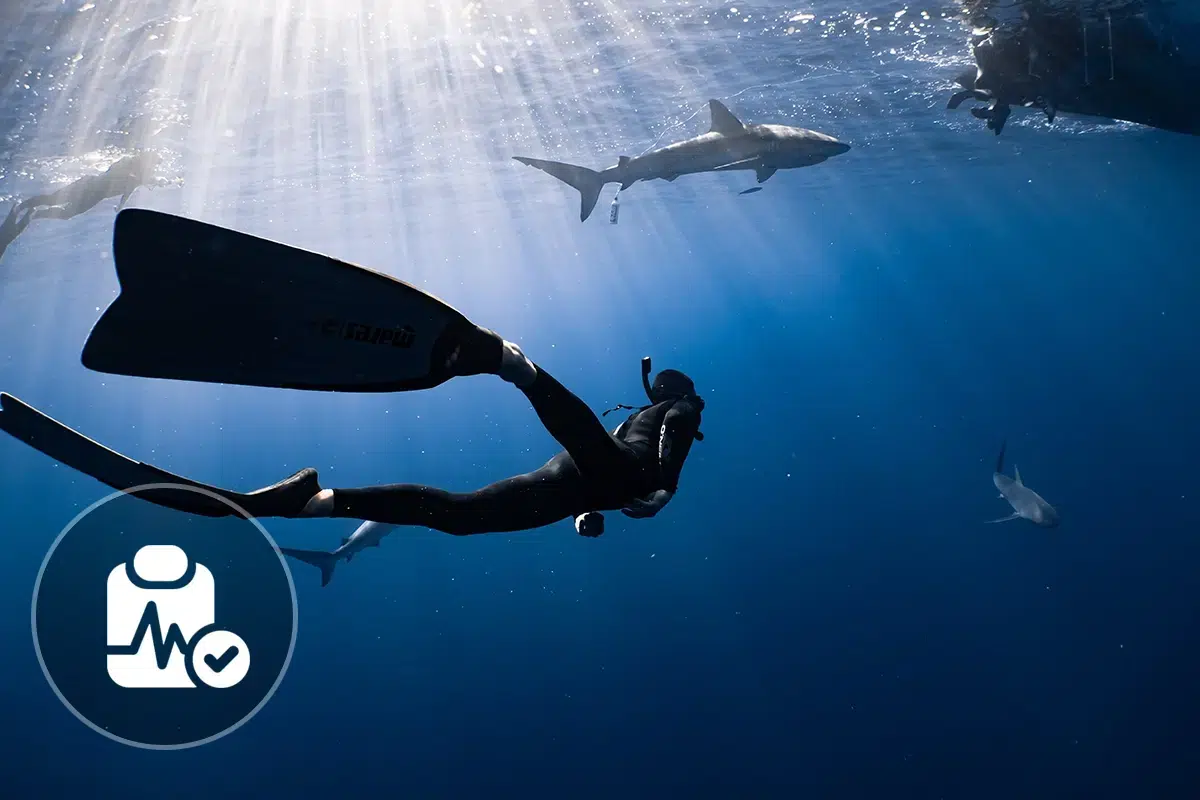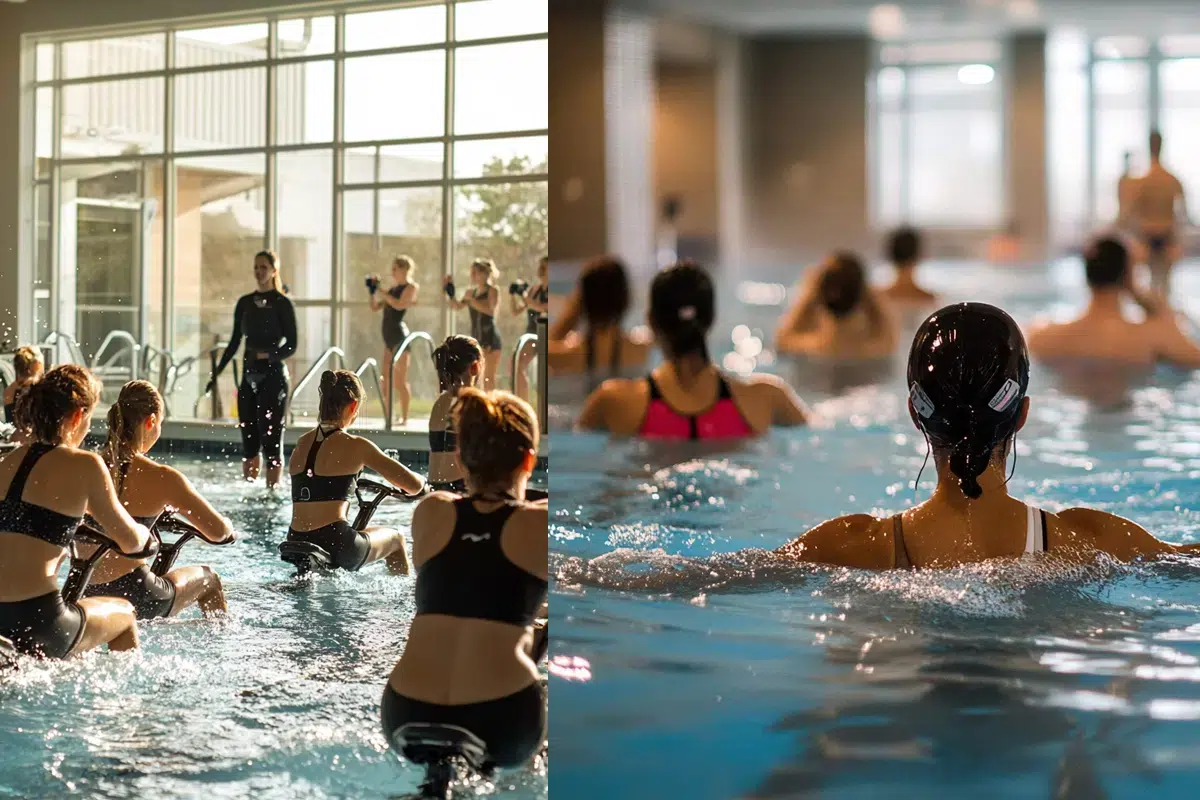Show summary Hide summary
What are the health benefits of scuba diving?

Everything you need to know about scuba diving
What are the health benefits of scuba diving? Use the tool below to find out all the benefits of scuba diving and discover whether this sport meets your goals and expectations.
More information about snorkelling and scuba diving
Is diving good for your health? Is it a good sport that’s accessible to everyone? Whether you’re a beginner or an experienced diver, you’ll find a list below of the benefits and problems you can expect to encounter when scuba diving

TOP 4 advantages and benefits of scuba diving!
Regular diving is good for your health and allows you to :
- Diving tones the body and prevents joint trauma
- Scuba diving improves cardiovascular fitness, endurance and breathing
- Diving allows you to relax and better control your emotions
- Scuba diving allows you to discover and explore aquatic fauna
The disadvantages and harmful effects of diving
Although diving is good for your health, it is also one of the riskiest physical activities. Diving is not recommended in a number of cases (dermatological infections, pregnant women and diabetics, cardio-respiratory problems, ENT problems, neurological or psychiatric disorders). If in doubt, it’s always best to seek medical advice. In addition to physical fitness, scuba diving requires a high level of vigilance and excellent self-control. Finally, to dive safely, it is essential to follow a few safety instructions.
What is scuba diving? Practical information and advice
Diving is an aquatic sport that involves complete immersion in water for a given length of time and at varying depths.
Recreational or competitive, it is practised by at least two people (for safety reasons), using tanks (scuba diving), fins, mask and snorkel (snorkelling) or apnea. The sport is open to everyone, as long as you can swim and are in good physical condition. As well as the purely physical aspect, diving allows you to explore the fauna, flora and underwater landscapes.
Other water sports: dive into the world of aquatic sports
Water sports offer an excellent opportunity to strengthen your body while staying refreshed. They are perfect for improving cardiovascular fitness, muscle strength, and flexibility, all while being gentle on the joints. Discover these aquatic activities to diversify your training:
- Aquabiking: Strengthen your legs and improve your cardio by pedaling in the water.
- Aqua gym: Develop strength and flexibility through dynamic water exercises.
- Kayaking: Enhance your coordination and upper body strength while navigating in a kayak.
- Swimming: Increase your endurance and tone your entire body through swimming.
- Swimming breaststroke: Strengthen arms and legs with this classic swimming style.
- Swimming Front crawl: Develop strength and endurance with this fast and efficient swimming stroke.
Everything you need to know about scuba diving
Discover the health benefits of other sports!
All sports in detail!




















































